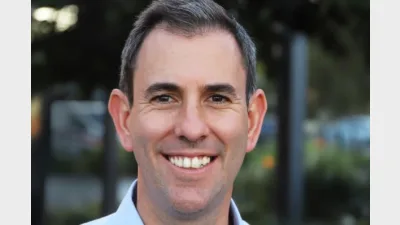Parliamentary committee counters Taskforce
A key Parliamentary Committee looking into improving the retirement savings of people under 40 has recommended a system under which employers would provide new employees with an opportunity to make voluntary superannuation contributions to top-up the superannuation guarantee.
Releasing its report into improving the superannuation savings of people under 40, the House of Representatives, Economics, Finance and Public Administration Committee emphasised that such “voluntary top-up” contributions should be voluntary, with employees able to opt out at any time.
It suggested that the voluntary scheme be set at an initial level of 3 per cent, meaning that it would effectively lift the contribution made by employees to 9 per cent.
The chairman of the Committee, NSW member of Parliament Bruce Baird, said he believed such a voluntary opt out saving scheme would considerably boost retirement savings, bringing people closer to the lifestyle they expect in retirement.
In an interesting turn for the Government, the committee’s report countered the recent recommendations of the Business Regulation Taskforce and argued that the superannuation guarantee threshold be left at its current rate of $450, or lowered to take account of lower income employees holding multiple jobs.
Recommended for you
Following the roundtable, the Treasurer said the government plans to review the superannuation performance test, stressing that the review does not signal its abolition.
The Australian Prudential Regulation Authority (APRA) has placed superannuation front and centre in its 2025-26 corporate plan, signalling a period of intensified scrutiny over fund expenditure, governance and member outcomes.
Australian Retirement Trust (ART) has become a substantial shareholder in Tabcorp, taking a stake of just over 5 per cent in the gaming and wagering company.
AustralianSuper CEO Paul Schroder has said the fund will stay globally diversified but could tip more money into Australia if governments speed up decisions and provide clearer, long-term settings – warning any mandated local investment quota would be “a disaster”.











